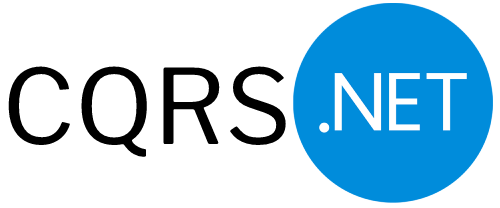Benefits of Event Sourcing pattern include:
- Events are immutable and can be stored using an append-only operation. The user interface, workflow, or process that initiated an event can continue, and tasks that handle the events can run in the background. This, combined with the fact that there's no contention during the processing of transactions, can vastly improve performance and scalability for applications, especially for the presentation level or user interface.
- Events are simple objects that describe some action that occurred, together with any associated data required to describe the action represented by the event. Events don't directly update a data store. They're simply recorded for handling at the appropriate time. This can simplify implementation and management.
- Events typically have meaning for a domain expert, whereas object-relational impedance mismatch can make complex database tables hard to understand. Tables are artificial constructs that represent the current state of the system, not the events that occurred.
- Event sourcing can help prevent concurrent updates from causing conflicts because it avoids the requirement to directly update objects in the data store. However, the domain model must still be designed to protect itself from requests that might result in an inconsistent state.
- The append-only storage of events provides an audit trail that can be used to monitor actions taken against a data store, regenerate the current state as materialized views or projections by replaying the events at any time, and assist in testing and debugging the system. In addition, the requirement to use compensating events to cancel changes provides a history of changes that were reversed, which wouldn't be the case if the model simply stored the current state. The list of events can also be used to analyze application performance and detect user behavior trends, or to obtain other useful business information.
- The event store raises events, and tasks perform operations in response to those events. This decoupling of the tasks from the events provides flexibility and extensibility. Tasks know about the type of event and the event data, but not about the operation that triggered the event. In addition, multiple tasks can handle each event. This enables easy integration with other services and systems that only listen for new events raised by the event store. However, the event sourcing events tend to be very low level, and it might be necessary to generate specific integration events instead.
- Event sourcing is commonly combined with the CQRS pattern by performing the data management tasks in response to the events, and by materializing views from the stored events.
